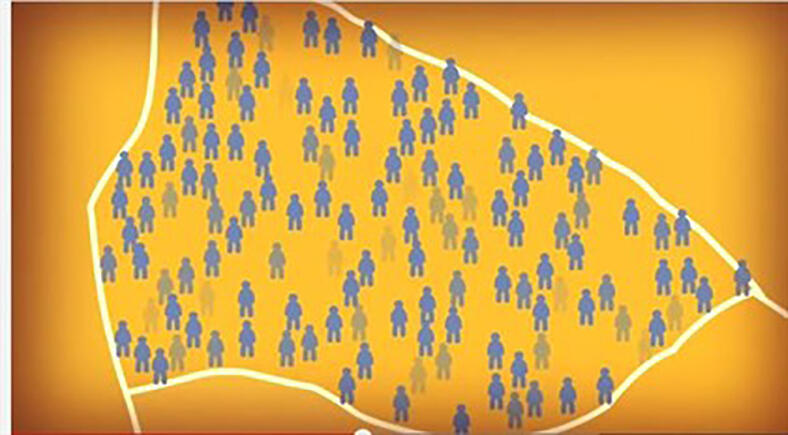
Researchers from LSTM have produced a suite of videos explaining the benefits of using Lot Quality Assurance Sampling (LQAS) surveys in planning, managing and improving health programmes.
The videos have been produced professionally in hi definition and are available on LSTM’s YouTube channel. They can be played chapter by chapter or in one sitting and includes an introduction to LQAS as well as practical chapters on how to identify supervision areas, how to select a household to interview and what are the best interview techniques. Created to act as a companion to LQAS training, the videos offer a step by step guide to the system including a chapter reviewing what has been learned.
The videos were produced over a period of 18 months and were funded by USAID and the Department for International Development (DFID). They were produced by Tom Maine Productions and all of the footage was shot specifically for the videos. The rushes were previewed by viewer groups in Africa and India, as well as by a number of masters’ students at LSTM before being finally produced to ensure that they were production ready, the filming and production met with all relevant ethical standards.
The videos were developed by LSTM’s Monitoring and Evaluation Technical Assistance and Research (METRe) Group, a multi-disciplinary group led by Professor Joseph Valadez. The group was established in 2010 to provide technical assistance and build capacity in low resource countries, looking at how to effectively collect, analyse and use quality data to guide decision making for health programmes and policies.
Professor Valadez is delighted with the finished product. He said: “The videos have more than lived up to our expectations and we believe that we have been able to deliver a straightforward, easy to follow guide for anyone wanting to use LQAS to improve health programmes. They are available for people to use in a group training situation as well as individually, so we hope that many people especially those operating in low resource countries can benefit from what has been produced.”